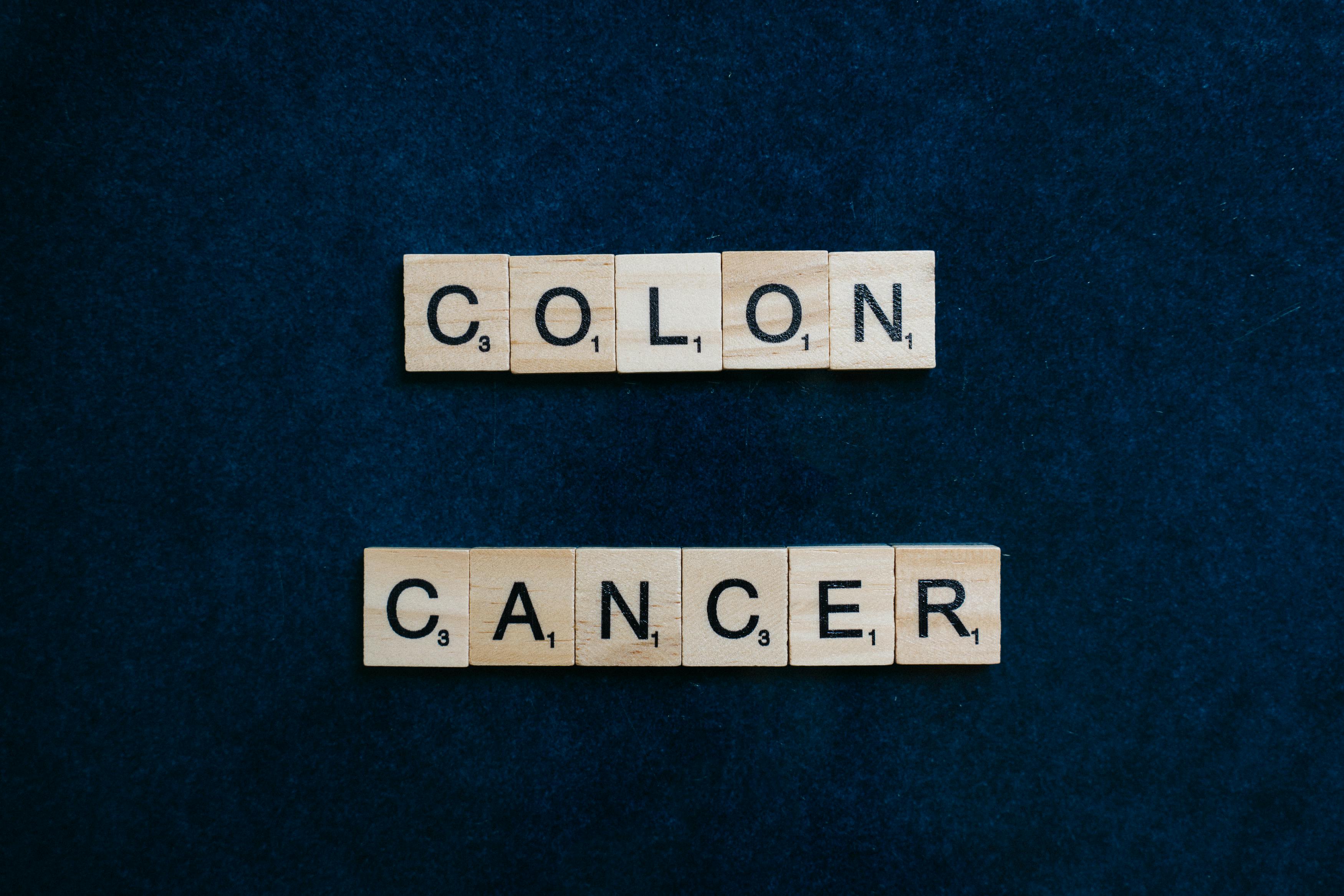
Colon cancer, once considered primarily a disease of older adults, is increasingly being diagnosed in younger individuals in this century
This trend is concerning and highlights the importance of understanding the risks, recognizing symptoms, and promoting awareness among younger populations early detection of it.
In this blog post, we’ll explore the unique aspects of colon cancer in young adults and discuss what you need to know about this often overlooked health issue in this age group.
The Growing Pattern
Colorectal or cancer is the third most common cancer worldwide, accounting for approximately 10% of all cancer cases .
Colon cancer is usually linked to aging, seen after age of 50.
Nonetheless, studies conducted recently have revealed an alarming increase in incidence among younger adults, who are defined as those who are under 50
Due to better screening, the overall incidence of colon cancer has decreased in older persons; however, rates among younger adults have been rising rapidly.
Why colon cancer is increasing in Young Adults?
Risk factors plays a pivotal role in development if colon cancers, these are the factors which will make you prone for development of cancer .
While some risk factors are similar to those in older adults, such as family history and certain genetic conditions (e.g., Lynch syndrome), there are additional factors that may play a role in younger people which needs to be addressed.
DIET
If you consume more red meat , stored freeze dried food items like canned foods, carbonated drinks like cola and excessive drinking of beer will pose a increased risk for development of colon cancer,
eating green leafy vegetables like spinach, beet greens, kale ,parsley and carrots ( vit A has some what protective effect) antioxidants food like ginger and garlic will reduce the risk for cancer development.
LIFE STYLE
In todays world everyone life style is somewhat hampered in the race of life especially young people as there is continuous stress for thriving in day to day life, but some what little efforts towards your health will have a great impact in longer run in form of life style change
Exercise
Research is showing that daily activity for at least 45 mins a day for 4 days a week has overall boosting effect on health.
Try to engage in activities like running, swimming, cycling etc.
Smoking and Alcohol
Smoking is one the modifiable risk factor, cigar ate smoke contains many carcinogens like napthalamines, tar particles which will affect at the molecular level and cause cancer.
it will be damaging the protecting genes like guardian genes like P53 and more.
consumption of alcohol especially more amount of beer will lead to development of rectal or colon cancer .
Alcohol damages the protective layer of your gut which is mucosal layer can causes inflammation leading to small ulcers and further damage .
FAMILY HISTORY
Young adults who has colon cancer has some sort of significant family history, it means some of first or second degree relative is affected from the same cancer . it includes multiple syndromes and diseases like
FAP syndrome- which stands for Familial adenomatous polyposis, where there will be multiple polyps in intestines usually more than 100 , polyp is the sort of small tumor.
Lynch syndrome-it is also associated with development of polyps and colon cancers
RED FLAGS OR WARNING SIGNS
Not everyone who is having pain abdomen will have colon cancers but there are few warning signs which you should pay attention.
- blood in stools- blood in stools or faces the most common symptom of colon cancer. it can be bright red blood or black colored fecal material.
- Early morning diarrhea- Here person will pass only watery secretion , it can be mixed with blood or stools
- pain in the abdomen
- fullness of abdomen
- loss of appetite associated with nausea and vomiting
- weight loss
What should you do?
Adapt a health way of living
stop smoking and limit alcohol intake
If you notice warning signs consult a doctor.